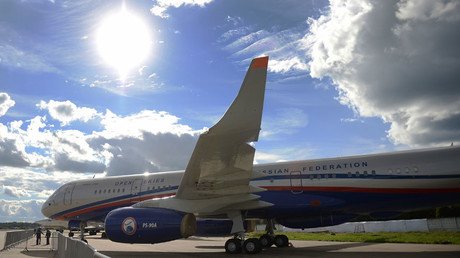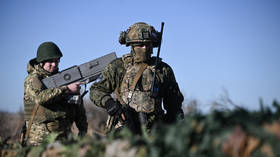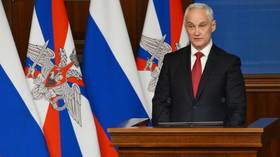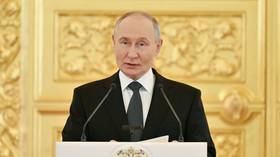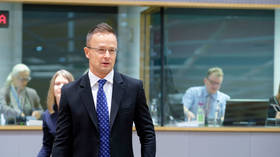Russia to respond to US restrictions on observation flights
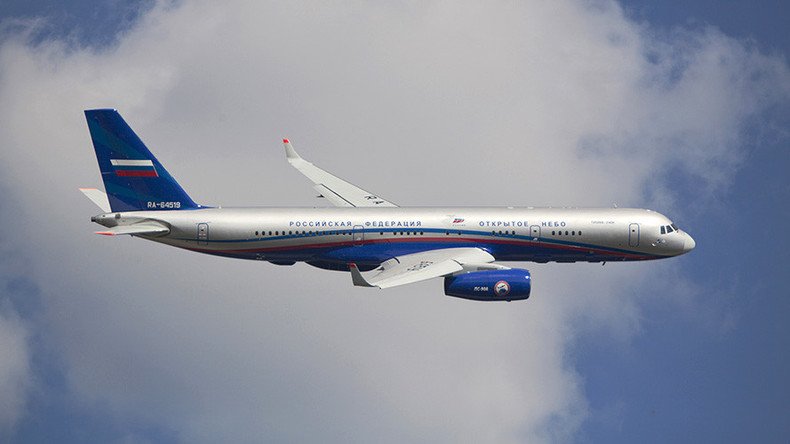
US pressure on Russia over the ‘Open Skies’ treaty, which allows observation flights to monitor military deployments, will not lead to concessions, and imposing restrictions on Russian flights will result in retaliation, a senior Russian diplomat says.
Washington’s reported intention to restrict observation flights over the US is yet another example of its tactics to pressure other nations rather than seeking compromise, Russian Deputy Foreign Minister Sergey Ryabkov said on Wednesday.
“Obviously, that is not a partnership move. We don’t see this treaty as giving any unilateral advantage to any party. The treaty benefits all parties. It’s a necessary valuable document, which should be preserved, but the United States is again demonstrating that it prefers the path of pressure,” he said.
The Open Skies treaty is a multilateral arrangement stemming from the Cold War era, which allows member states to schedule observation flights over each other’s territory to monitor military deployments. The goal of the treaty is to build confidence and remove suspicions.
Some US officials have been arguing that Russia benefits more from the deal, gaining detailed intelligence on the military infrastructure of NATO members, including the US. According to a Wall Street Journal report, the US delegation to a meeting of the Open Skies Consultative Commission currently underway in Vienna intends to accuse Russia of being in violation of the treaty and announce restrictions on Russian flights.
“Such accusations are not new. What was brought now into public view – we have heard it from the Americans before. We too have a number of complaints to the US over several aspects of their compliance with their treaty,” Ryabkov said.
“Certainly, no decisions that [the US wants] can be taken under pressure and no unilateral concessions on our part are possible.”
Ryabkov also stated that any restrictive measures taken by the US against Russia would lead to retaliation.
“Before delivering any statements on the issue we will have to analyze the situation together with our military and decide on what form our response to the Americans will take,” he said. “But there will be a response, I have no doubt about it.”
Earlier on Tuesday, Mikhail Ulyanov, head of the Russian Foreign Ministry’s non-proliferation and arms controls department, suggested that the WSJ publication was likely the result of a deliberate leak from the US government.
“This is strange that even before such moves are formalized, the information gets into the press. This is the signature style of the US diplomacy, which sees no distinction between ‘megaphone diplomacy’ and real politics,” he said.
The WSJ report said some US officials believed that the Open Skies treaty was of little value to them, because they could collect the same intelligence through satellite imaging of Russia.
